Vallabhbhai Patel (1875-1950) – Postcard Letter - a letter, handwritten in Gujerati on an official Nasik Road Central Prison postcard, where Patel was imprisoned: A.C. Mina Nasik Road Date: 3/4/34 To Jitendra I received your letter of date 29/03/34. I had written a letter to your elder uncle on 22nd of the previous month. In which I had enclosed the letters to you and Narendra. I don’t know whether they received those letters or not. You ask them and reply me. Also write me when your examination will complete and when you are coming to Ahmedabad. Will Dahyabhai do the task you have assigned to him? Write me if it is cannot be done. But I assume that he will be able to do it and will not need my help. Hope you and Narendra both will be going to Ahmedabad together. I hope Narendra’s exam is currently going on. Both of you please write to me before going. I have sent your message to Manibahen. Her reply letter will come in two-three days. Dahyabhai came this Saturday, but your letter came after he has left. Otherwise I would have asked about your wellness but there is no problem as you are okay. Blessings from Vallabhbhai. Written small, in black ink to both sides of the postcard, addressed in Patel's hand. Features an official Nasik Road Central Prison stamp, and the signature of a prison officer. Upon the failure of the Round Table Conference in London, Gandhi and Patel were arrested in January 1932 when the struggle re-opened, and imprisoned in the Yeravda Central Jail. During this term of imprisonment, Patel and Gandhi grew close to each other, and the two developed a close bond of affection, trust, and frankness. Their mutual relationship could be described as that of an elder brother (Gandhi) and his younger brother (Patel). Despite having arguments with Gandhi, Patel respected his instincts and leadership. In prison, the two discussed national and social issues, read Hindu epics, and cracked jokes. Gandhi taught Patel Sanskrit. Gandhi's secretary, Mahadev Desai, kept detailed records of conversations between Gandhi and Patel. When Gandhi embarked on a fast-unto-death protesting the separate electorates allocated for untouchables, Patel looked after Gandhi closely and himself refrained from partaking of food. Patel was later moved to a jail in Nasik, and refused a British offer for a brief release to attend the cremation of his brother Vithalbhai, who had died in October 1933. He was finally released in July 1934 Vallabhbhai Jhaverbhai Patel (31 October 1875 – 15 December 1950), endeared as Sardar, was an Indian statesman. He served as the first Deputy Prime Minister of India from 1947 to 1950. He was a barrister and a senior leader of the Indian National Congress, who played a leading role in the country's struggle for independence, guiding its integration into a united, independent nation. He was one of the conservative members of the Indian National Congress. In India and elsewhere, he was often called Sardar, meaning "chief" in Hindi, Urdu, and Persian. He acted as the Home Minister during the political integration of India and the Indo-Pakistani War of 1947. One of Mahatma Gandhi's earliest political lieutenants, he organised peasants from Kheda, Borsad, and Bardoli in Gujarat in non-violent civil disobedience against the British Raj, becoming one of the most influential leaders in Gujarat. He was appointed as the 49th President of Indian National Congress, organising the party for elections in 1934 and 1937 while promoting the Quit India Movement.
Vallabhbhai Patel (1875-1950) – Postcard Letter - a letter, handwritten in Gujerati on an official Nasik Road Central Prison postcard, where Patel was imprisoned: A.C. Mina Nasik Road Date: 3/4/34 To Jitendra I received your letter of date 29/03/34. I had written a letter to your elder uncle on 22nd of the previous month. In which I had enclosed the letters to you and Narendra. I don’t know whether they received those letters or not. You ask them and reply me. Also write me when your examination will complete and when you are coming to Ahmedabad. Will Dahyabhai do the task you have assigned to him? Write me if it is cannot be done. But I assume that he will be able to do it and will not need my help. Hope you and Narendra both will be going to Ahmedabad together. I hope Narendra’s exam is currently going on. Both of you please write to me before going. I have sent your message to Manibahen. Her reply letter will come in two-three days. Dahyabhai came this Saturday, but your letter came after he has left. Otherwise I would have asked about your wellness but there is no problem as you are okay. Blessings from Vallabhbhai. Written small, in black ink to both sides of the postcard, addressed in Patel's hand. Features an official Nasik Road Central Prison stamp, and the signature of a prison officer. Upon the failure of the Round Table Conference in London, Gandhi and Patel were arrested in January 1932 when the struggle re-opened, and imprisoned in the Yeravda Central Jail. During this term of imprisonment, Patel and Gandhi grew close to each other, and the two developed a close bond of affection, trust, and frankness. Their mutual relationship could be described as that of an elder brother (Gandhi) and his younger brother (Patel). Despite having arguments with Gandhi, Patel respected his instincts and leadership. In prison, the two discussed national and social issues, read Hindu epics, and cracked jokes. Gandhi taught Patel Sanskrit. Gandhi's secretary, Mahadev Desai, kept detailed records of conversations between Gandhi and Patel. When Gandhi embarked on a fast-unto-death protesting the separate electorates allocated for untouchables, Patel looked after Gandhi closely and himself refrained from partaking of food. Patel was later moved to a jail in Nasik, and refused a British offer for a brief release to attend the cremation of his brother Vithalbhai, who had died in October 1933. He was finally released in July 1934 Vallabhbhai Jhaverbhai Patel (31 October 1875 – 15 December 1950), endeared as Sardar, was an Indian statesman. He served as the first Deputy Prime Minister of India from 1947 to 1950. He was a barrister and a senior leader of the Indian National Congress, who played a leading role in the country's struggle for independence, guiding its integration into a united, independent nation. He was one of the conservative members of the Indian National Congress. In India and elsewhere, he was often called Sardar, meaning "chief" in Hindi, Urdu, and Persian. He acted as the Home Minister during the political integration of India and the Indo-Pakistani War of 1947. One of Mahatma Gandhi's earliest political lieutenants, he organised peasants from Kheda, Borsad, and Bardoli in Gujarat in non-violent civil disobedience against the British Raj, becoming one of the most influential leaders in Gujarat. He was appointed as the 49th President of Indian National Congress, organising the party for elections in 1934 and 1937 while promoting the Quit India Movement.
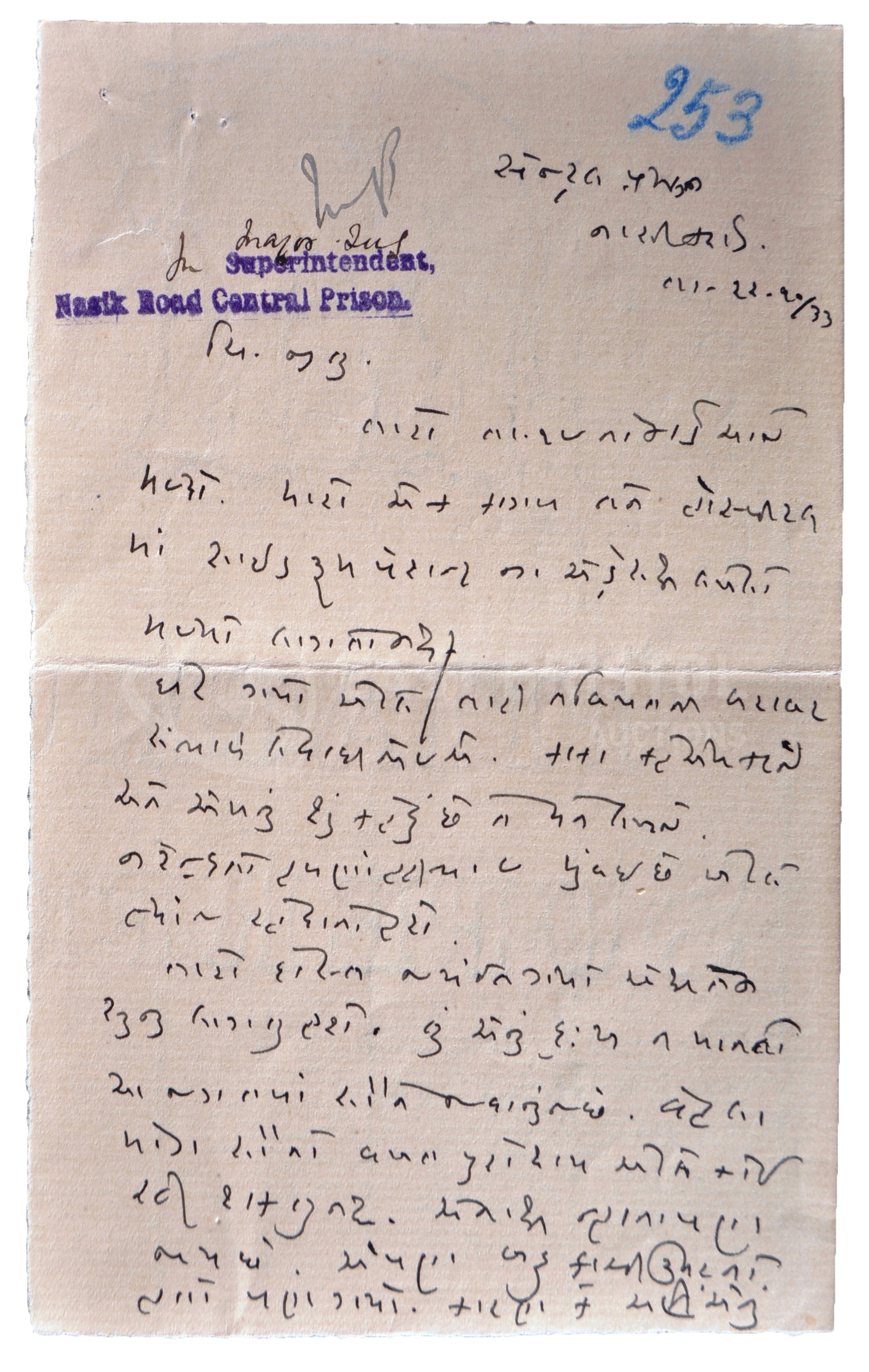

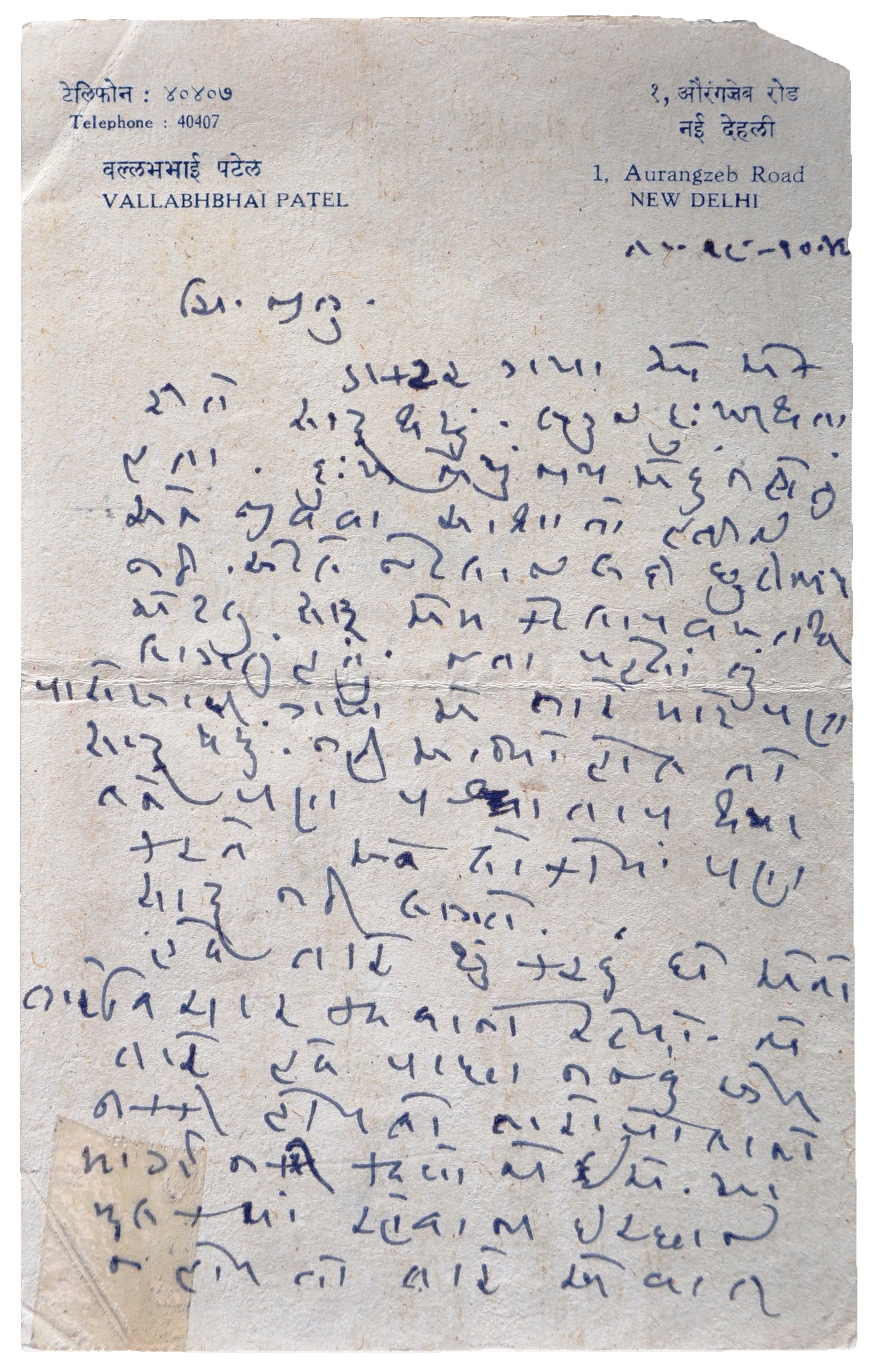

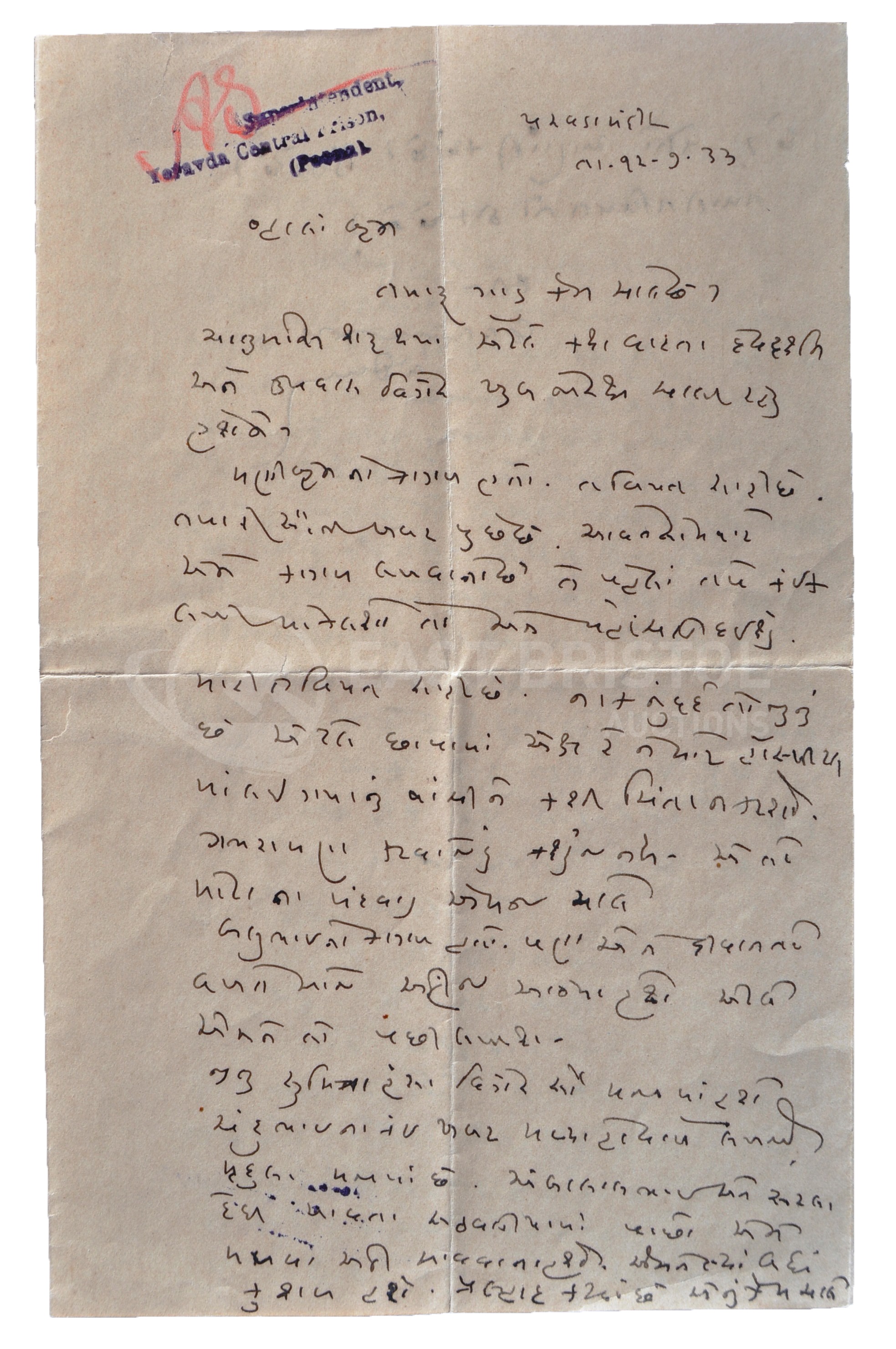

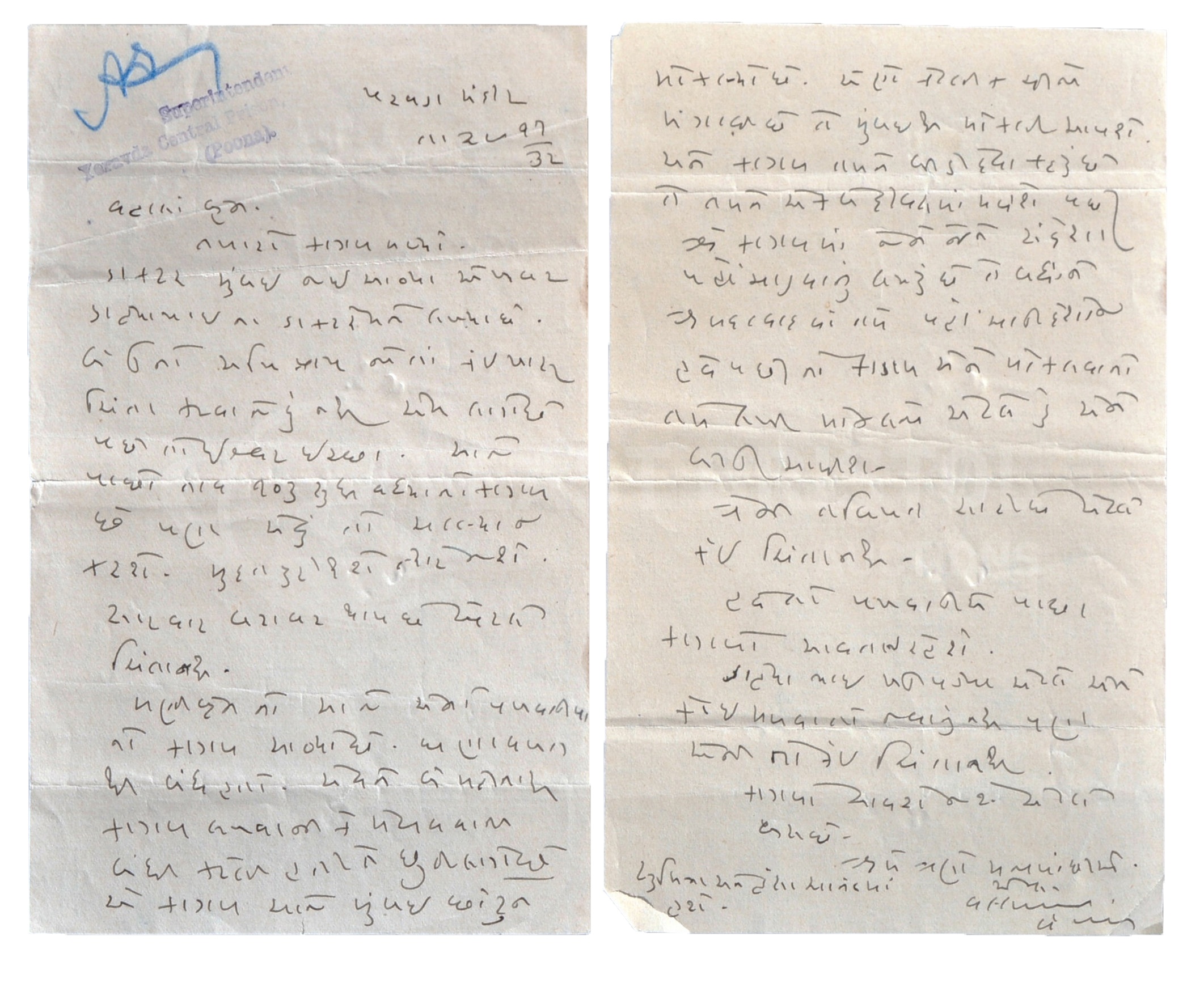


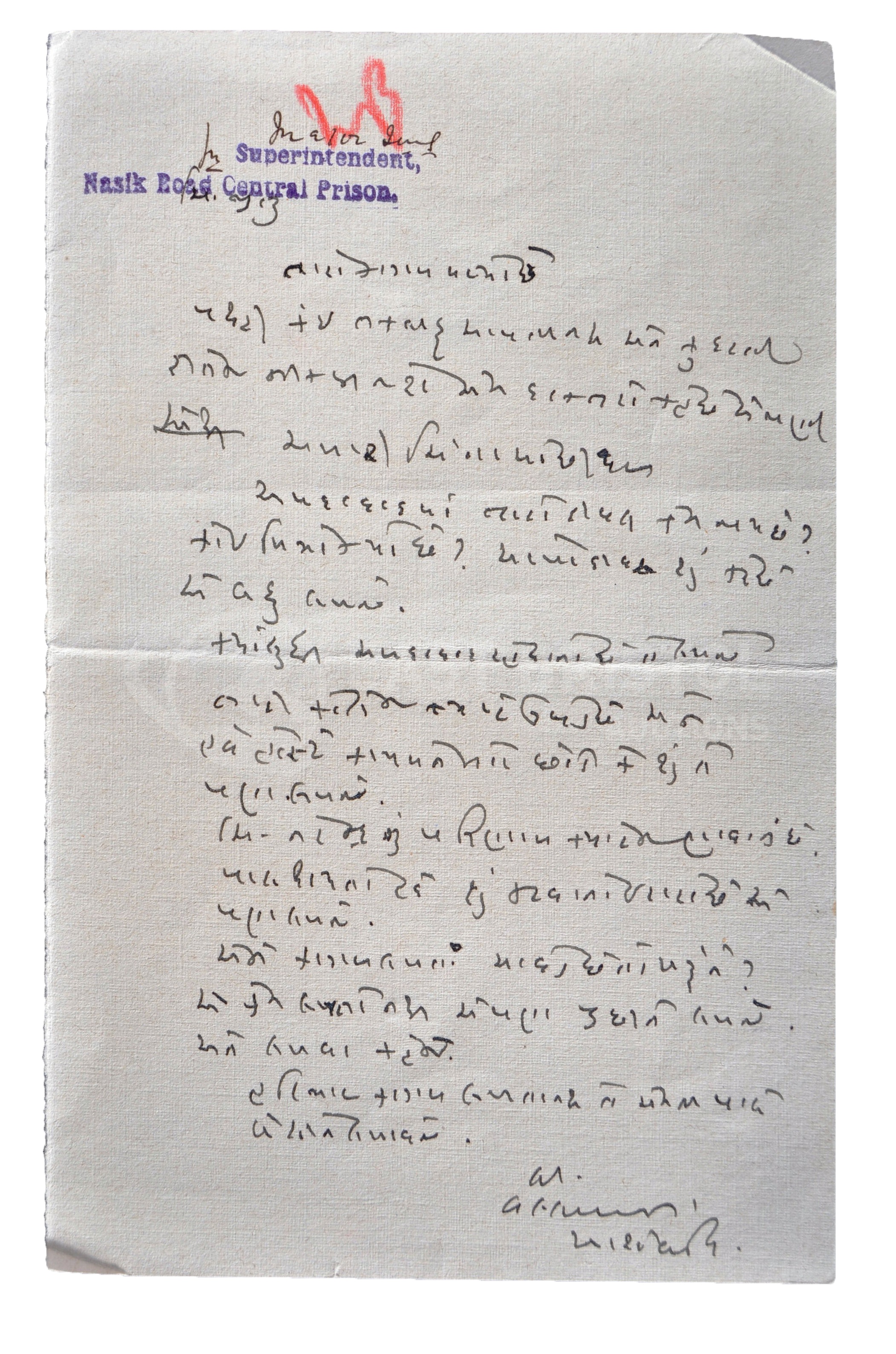
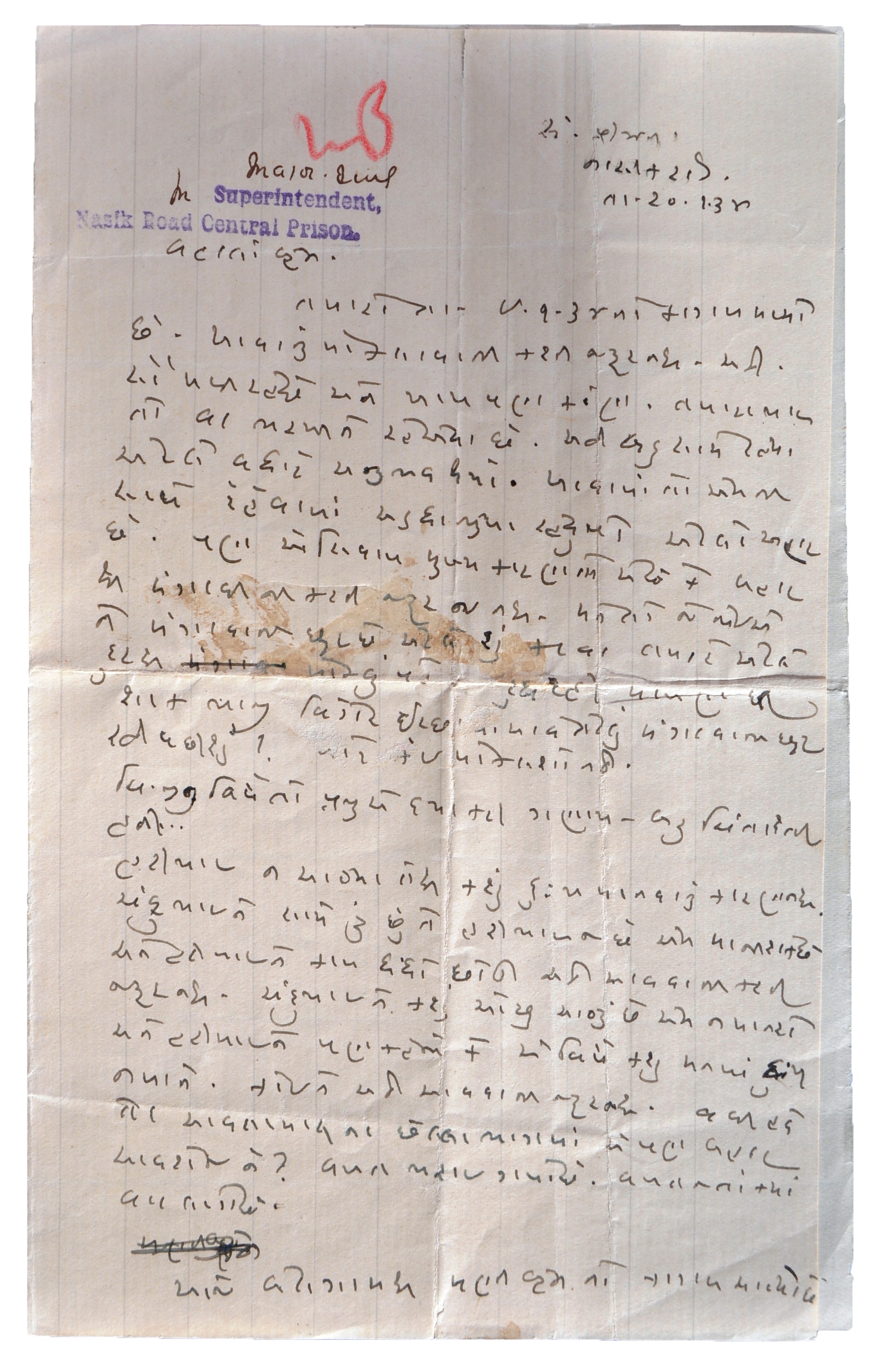


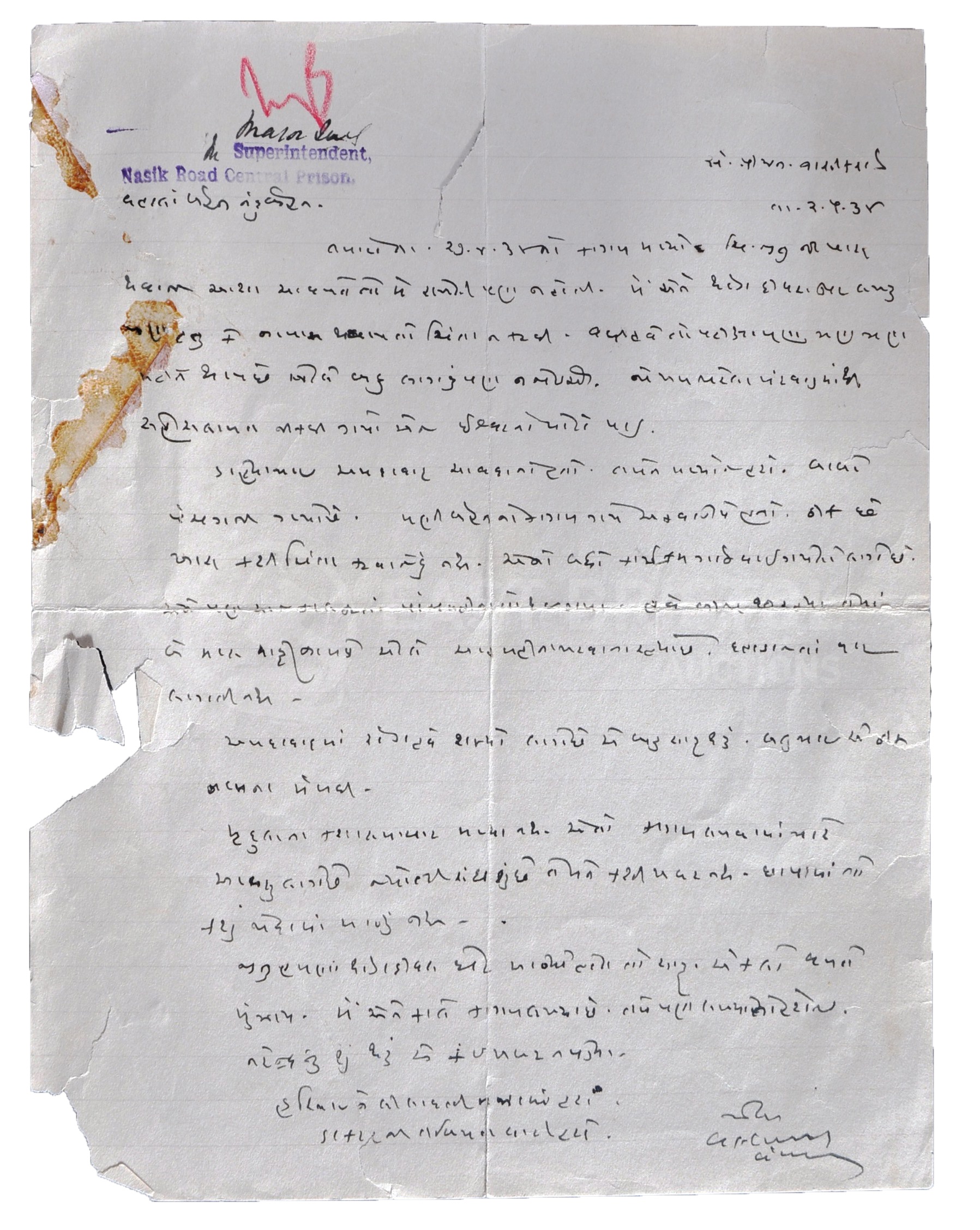
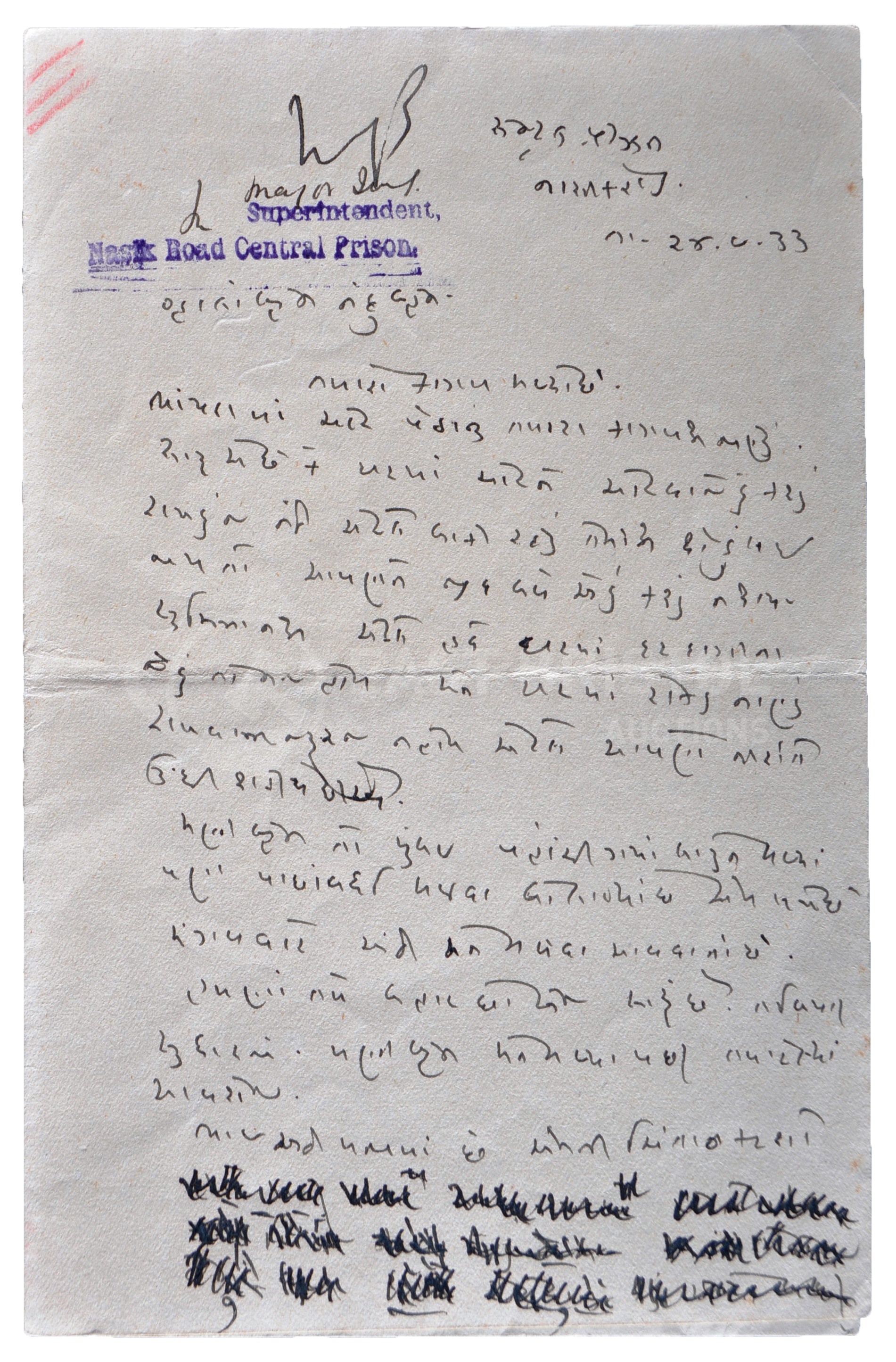
Testen Sie LotSearch und seine Premium-Features 7 Tage - ohne Kosten!
Lassen Sie sich automatisch über neue Objekte in kommenden Auktionen benachrichtigen.
Suchauftrag anlegen